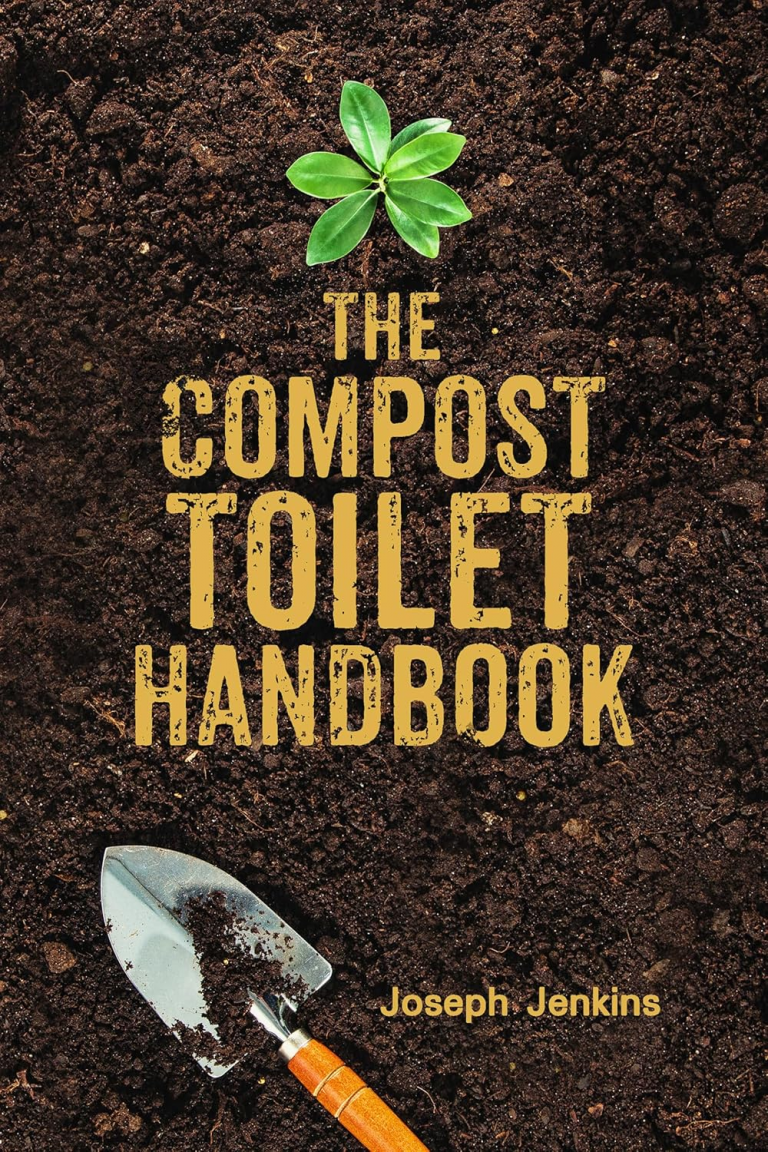
Switzerland is one of the world’s most beautiful, clean and green countries. It’s not the culture to drop litter, and recycling is a almost a national pastime! Recently, the Swiss government has upped the fines. Throwing away just a sandwich wrapper or cigarette butt will be a standard fine (around £90). Or £180 for 2 items of litter. And larger fines from £200 to around £18,000 (20,000 Swiss Francs).
If you dropped so much as a sweet wrapper in Switzerland, the police would be after you. And you would never have rivers choked with litter, like we do here.
It’s illegal to drop litter in England, but not many people take much notice. You can report litter at Fix My Street (councils have legal obligation to clear it on public land, no matter who dropped it). For private land, they can issue a Litter Abatement Order (landowners must either clean it or can be charged for councils to clean it).
Switzerland is also home of the TakeTray, the world’s best personal ashtray. Users can immediately extinguish cigarette butts before finding a bin, which also helps to prevent fires and wildfires.
How Strict Rules Keep Streets Clean
Switzerland treats littering as a clear offence with clear consequences. Many cantons set on‑the‑spot fines for dropping rubbish, and penalties can reach up to 200 Swiss francs for serious or repeated offences. This sends a simple message, clean behaviour is non‑negotiable.
Enforcement is visible. City patrols walk transport hubs, parks, and busy squares. In larger cities, people can report overflowing bins or dumped waste through public apps, which trigger quick clean‑ups. In Zurich, for instance, tidy tram stops and spotless riverbanks are the product of daily checks.
Recycling is treated as a service, not an afterthought. Switzerland uses nationwide source separation, with glass, PET, aluminium, paper, and organic waste collected through dense networks of stations. Many retailers take back PET bottles and aluminium cans as part of deposit recycling schemes. In England, this has been delayed as the English government does not want glass bottles included?
The results are strong, PET bottle recycling rates regularly exceed 80 percent, aluminium cans are above 90 percent, and glass hovers near the mid‑90s. Less waste ends up in bins, and even less reaches the ground.
Fines That Make a Difference
Swiss cities use tiered fines. A dropped cigarette butt or chewing gum still brings a lower fine, while dumping a bag of mixed rubbish can cost far more. The structure fits the offence, and it removes arguments at the kerb. Many cantons direct fine income back into cleaning and awareness, so those who litter help fund solutions.
Visitors notice. A tourist who flicks a cigarette on a Zurich pavement can be stopped and fined on the spot. The memory tends to stick. Over time, consistent enforcement builds trust. People see that rules apply to everyone, and they adjust their behaviour accordingly.
Recycling Made Simple and Rewarding
Sorting starts at home and continues on the go. Residential buildings provide clear guidance, and streets feature well‑marked collection points. Many towns remove fees for properly sorted recyclables, while mixed rubbish bags require paid stickers, which nudges households to sort well.
Smart bins are spreading. Some units use sensors and compactors, so they hold more and signal when they need attention. Small touches help, lids that fit one bottle at a time, or slots for cans, guide users without fuss. Cleaner streets follow, and with less burning of mixed waste, air quality gains too.
Education Builds Lasting Habits
Laws set the frame, yet culture fills it. Switzerland invests in habits that start early and endure. Environmental topics sit in school timetables, and pupils see recycling not as a chore but as a normal daily act. Eco‑clubs run repair days, compost trials, and park clean‑ups.
Public campaigns do the same in the wider world. Posters on platforms, short films in multiple languages, and social media messages reach commuters, hikers, and tourists. When every tram stop reminds you to keep it clean, it becomes social shorthand.
These efforts shift attitudes and behaviour. High return rates for bottles and cans reflect not only infrastructure but also shared values. People act in the open, and visible acts spread. Children correct parents, neighbours swap tips on sorting, and sports clubs add bin stations at pitches. The long‑term gain is a generation for whom littering seems unthinkable.
School Lessons on Waste
Teachers link science and citizenship to real life. Pupils map their school’s waste for a week, then design a plan to cut it. They learn compost basics, track how much food waste turns into soil, and present results to the class. Local councils often support with materials, tours, and small grants.
Success stories travel fast. Student‑led clean‑ups make headlines in town papers, and schools share before and after photos. Pride grows along with the habit, and younger classes join the next time. The lesson is clear, when children lead, families follow.
Campaigns That Reach Everyone
National initiatives such as clean‑up days unite towns, schools, and clubs in a single weekend push. Social media challenges invite people to post a photo with their filled bag and tag a friend. Tourist spots use multilingual signs, short, friendly, and precise, so no one can miss the message.
Impact shows in higher return rates at busy sites and cleaner walking routes after peak season. Want a practical tip? Pair a clean‑up with a simple reward, free coffee for volunteers, or a local badge for repeat helpers. Small recognition lifts turnout and spreads the word.
Community Efforts Sustain Cleanliness
Clean cities do not rely on councils alone. They thrive on local pride. Switzerland shows what happens when volunteers, residents, and businesses pull in the same direction. Neighbourhood groups adopt streets, squares, or small woodland paths. They report problems early, refill dog‑waste stations, and keep noticeboards fresh. Councils back them with bags, gloves, and pickup schedules that match local needs.
Incentives help. Some towns award “litter‑free zone” certificates, which community groups display at markets or fairs. The badge signals care and earns goodwill. Corporate partners play a quiet but steady role. Supermarkets sponsor bin stations and fund recycling education. Offices add volunteer days, send teams to riverbank clean‑ups, and cover the cost of tools.
The effect compounds. When residents see tidy corners every week, they tend to keep them that way. When shops sweep their fronts and provide ashtray bins, fewer cigarette butts hit the ground. When companies join Saturday clean‑ups, they set a social norm for their staff. The wider benefits are real, people meet, talk, and cooperate, which strengthens trust far beyond waste issues.
Small villages and big cities use the same pattern, local ownership, supported by smart policy. A lakeside village might run a monthly sweep with a dozen neighbours and a shared cake at the end. A city district could coordinate several blocks with a chat group and a map of bin locations. Both rely on the same idea, tidy spaces belong to everyone, and everyone has a role.
Local Groups in Action
Organisations such as Pro Natura and many local associations host regular clean‑up days. They supply gear, brief volunteers on safe handling, and sort collected waste for proper disposal. These events do more than remove rubbish. They build pride, teach practical skills, and welcome new residents into community life.
Turnout often grows with consistency. A quarterly rhythm, clear meeting points, and quick photo updates keep people engaged. The message is simple, show up, do an hour of good work, and see the difference under your feet.
Business and Resident Partnerships
Shops and cafés can be quiet heroes. By placing clean, well‑labelled bins outside their doors and offering pocket ashtrays, they cut litter at the source. Retailers hosting return stations for bottles and cans make sorting part of the weekly shop.
Resident associations support with leaflets for new tenants, short talks at building meetings, and simple guides in several languages. The outcome is visible, spotless parks after sunny weekends, bus stops free of snack wrappers, and playgrounds that stay inviting long after the crowds leave.





